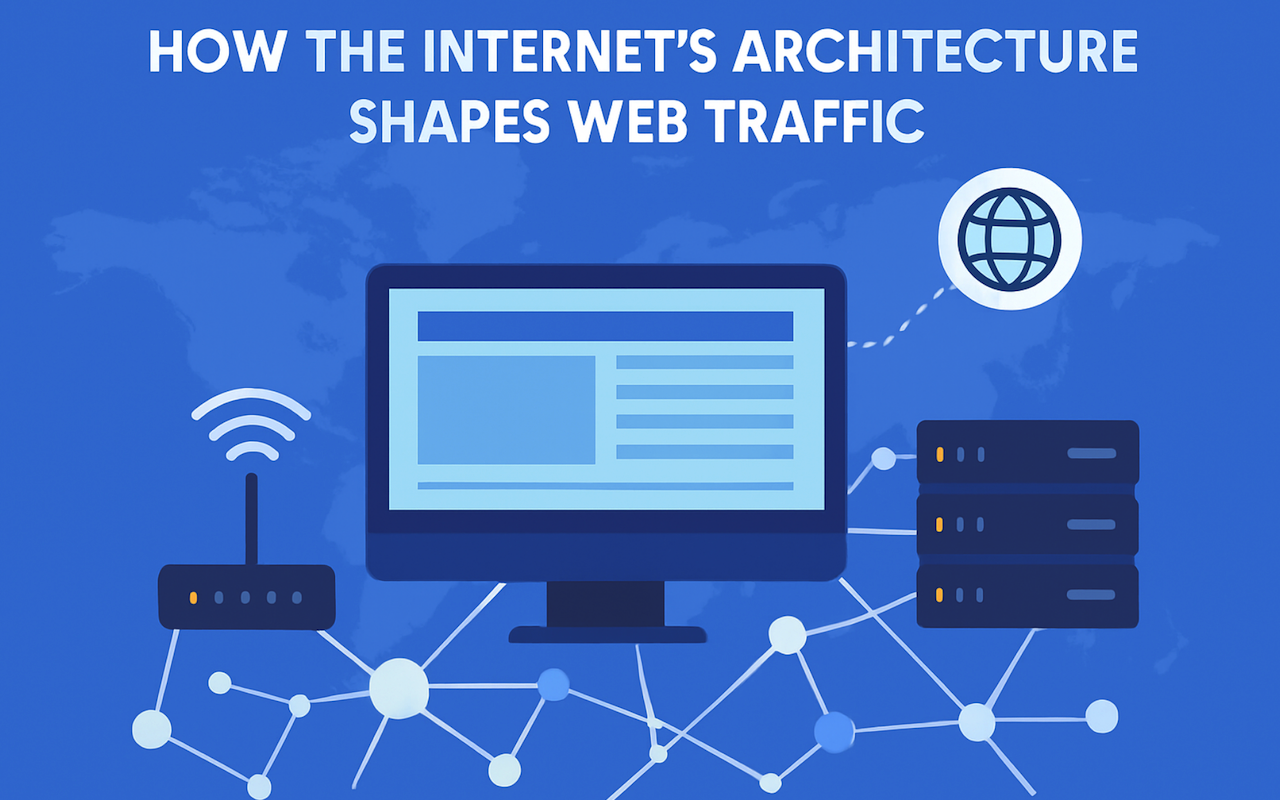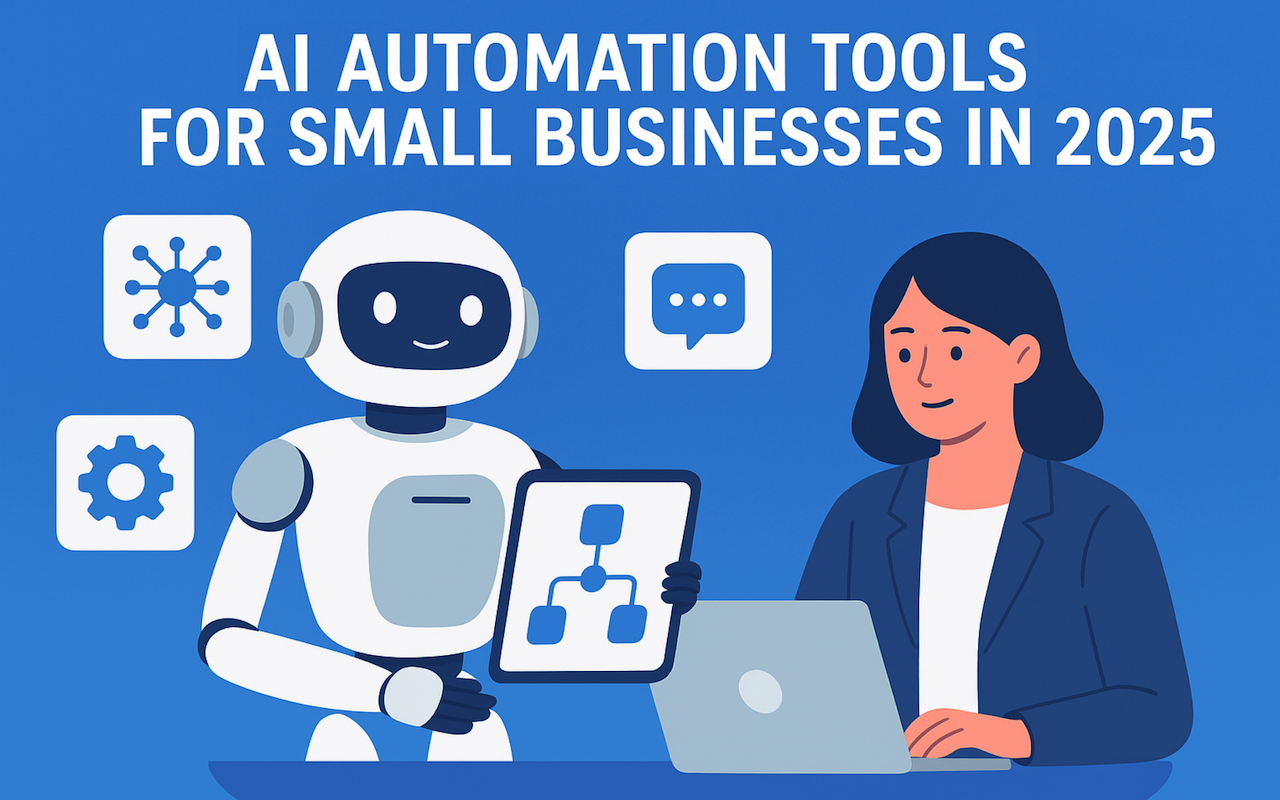
In the past ten years, digital marketing has evolved quickly and altered the way business owners interact with their audiences. It is a more dynamic landscape than we have ever seen as we head to 2025. The future of marketing lies in technology, consumer behaviors, and data-driven approaches. The business world can no longer afford business as usual; they are forced to adjust to the evolving digital landscape where personalization, automation, and innovation are paramount.
Artificial Intelligence and Marketing
AI has ceased to be a supplementary tool and the foundation of most digital marketing plans. AI-powered systems are allowing companies to handle large volumes of data about their customers in real time in 2025. This ability enables marketers to develop very personalized campaigns that appeal to certain segments of the audience.
Chatbots, voice assistants, and recommendation engines are also powered by AI and provide a continuous, platform-independent experience to customers. Another application of AI is predictive analytics that allows businesses to understand the needs of their customers even before they occur. When AI is integrated into strategies such as business mentoring and customer engagement, brands will not be reactive, but proactive, resulting in a more efficient marketing cycle.
Individualization as a Norm
Personalization was viewed as a competitive advantage in the past. By 2025, it has become a necessity. Consumers want brands to know their likes, shopping habits, and online behavior. Personalization is not limited to addressing the customer by name, but also includes providing personalized content, proposing the right products, and making offers.
This change is driven by the growing presence of information and the high-level of marketing automation technologies. Brands who do not deliver personalized experience will lose their audience to the competitors who can deliver more related and interesting experiences.
Community-Based and Social Media Interaction
Social media will remain a pillar of digital marketing in 2025, but the practice has changed. Brands are no longer concerned about the number of followers and likes; they have shifted their attention to community interaction. People are attracted to the sites where they belong and get a sense of authenticity.
The social media landscape is dominated by live streaming, short-form video, as well as interactive content. Users spend a lot of time on platforms such as Tik Tok, Instagram Reels, and new networks. To find some form of attention in a crowded digital setting, brands are investing in authentic, relatable, and entertaining storytelling.
Influencer Marketing Exposure
Influencer marketing has become more mature. In 2025, influence is not limited to celebrities with millions of followers; micro and nano-influencers are also gaining traction by building authentic relationships with their communities. Compared to other influencers, these influencers usually have a higher engagement rate, and their collaboration is more effective when the brand needs trust and authenticity.
Today, influencer collabs are more informed by data, and companies calculate performance indicators to guarantee an ROI. Another important point is transparency and compliance because audiences require the honesty of sponsored content.
Search and SEO Development
In 2025, search engine optimization is still an important element of digital marketing strategy, but it is now more complex. As voice search grows, marketers need to work on conversational search content. Search engines are becoming more user-intent focused, shifting toward natural language and context-driven keyword strategies.
Also, there is an increase in visual and video search technologies. Consumers can search directly by image or short video clip, and this has opened certain areas through which brands can promote their products. Those businesses which are responsive to these new search behaviors will have a competitive advantage.
Data Privacy and Trust
Digital marketing is increasingly dependent on data, so issues of privacy and trust have become increasingly significant. By 2025, tighter rules regarding data gathering and use mandate companies to use open practices. Customers are more informed about the use of their data and require brands to be held to account.
The issue is that marketers have to find a balance between privacy and personalization. Data collection through consent, anonymization, and secure data management are not only mandatory by law, but also crucial to establishing consumer trust. Companies that value privacy earn their loyal customers and those that abuse this data will lose credibility.
The Power of Video Marketing
Video is still one of the strongest instruments of digital marketing. By 2025, short-form content will still be dominant because of the short attention span. Nevertheless, video in long format is not yet obsolete in the educational sector, demonstrations of products, and narrations. Shoppable video content, also known as interactive video content, enables the user to interact with products, and this aspect fills the gap between entertainment and commerce.
The development of augmented reality and virtual reality is also affecting how video is being watched. Brands are now able to make experiences interactive and give customers an opportunity to have an online experience with products prior to making a purchase decision.
The Digital Experiences and E-commerce
There has never been more integration of digital marketing and e-commerce. Social commerce, which allows people to buy products directly on social media, is the norm of 2025. Such an integration saves on buying hurdles and improves customer convenience.
AI-driven personalized shopping experiences enable businesses to curate products that resonate with the interests of customers. There is also the ongoing growth of subscription-based models and loyalty programs, which guarantee repeat purchases and long-term relationships with customers.
Challenges Ahead
Although there are plenty of opportunities, digital marketing in 2025 will be a challenge. Due to the sheer abundance of material available online, it is hard to distinguish between brands. Marketers should combine strategic thinking with creativity to effectively capture the audience’s attention. Another issue is ad fatigue, where people are sick and tired of seeing advertisements that are irrelevant.
Also, the speed of the technological revolution demands that companies be agile. What works today may become irrelevant tomorrow, which is why innovation and adaptability are fundamental to success.
Conclusion
Digital marketing in 2025 will be defined by personalization, innovation, and responsibility. Artificial intelligence, use of social media, influencer collaboration, and progressive SEO technologies are defining the way companies communicate with their audiences. Meanwhile, trust in consumers and privacy of data are central to all strategies.
The most successful brands in this dynamic environment are those that are willing to change, focus on customer experience, and use emerging technologies to their advantage. Digital marketing is not about just being online anymore; but about building meaningful, authentic, and impactful relationships in an ever-changing digital world.
Featured Image by Freepik.
Share this post
Leave a comment
All comments are moderated. Spammy and bot submitted comments are deleted. Please submit the comments that are helpful to others, and we'll approve your comments. A comment that includes outbound link will only be approved if the content is relevant to the topic, and has some value to our readers.



Comments (0)
No comment